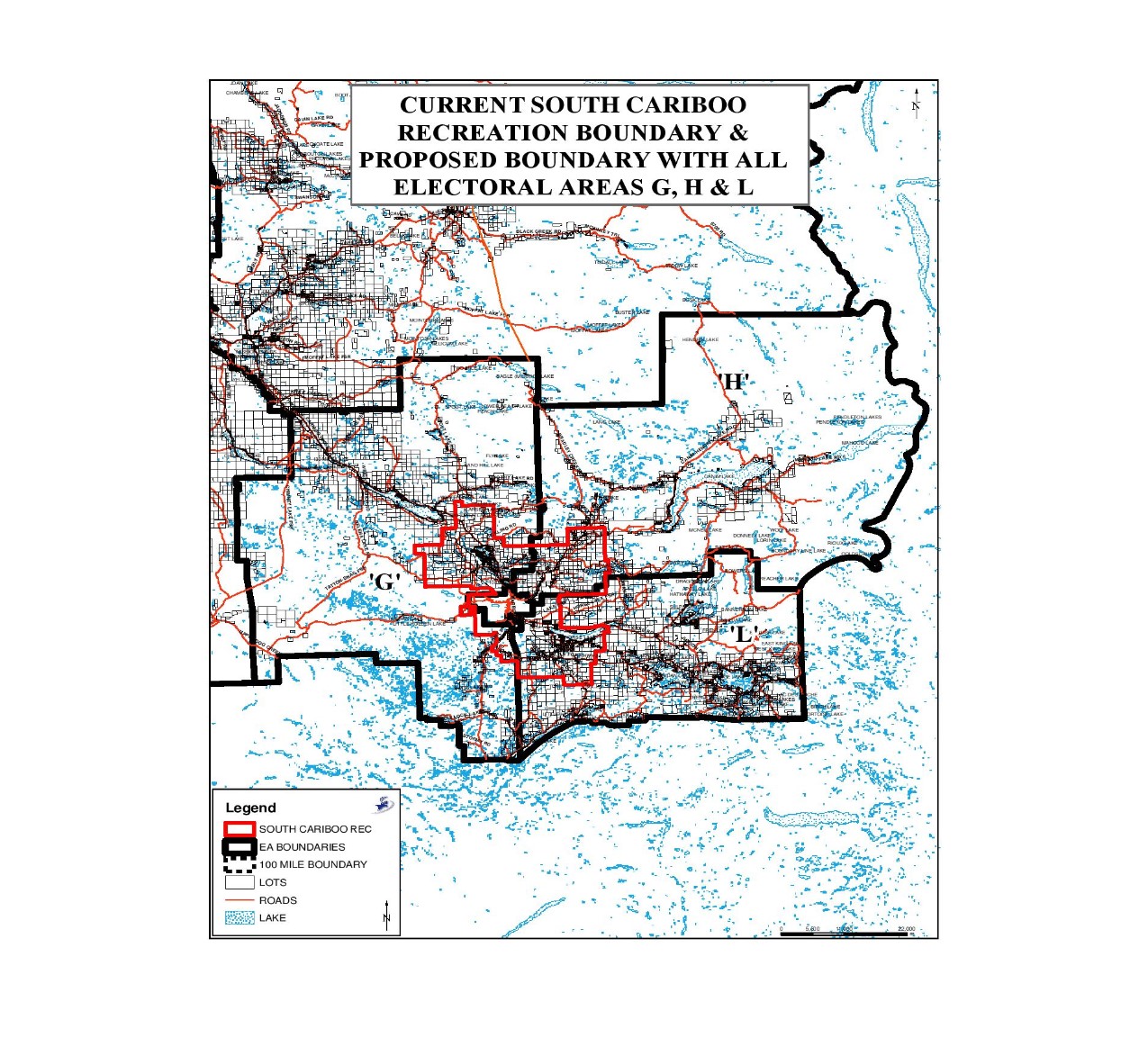The Cariboo Regional District is proposing to change the taxation boundary for the South Cariboo recreation service from a limited area surrounding the District of 100 Mile House to include all of South Cariboo Electoral Areas G, H, and L.
“This came out a lot when people were campaigning in 100 Mile House during last year’s election, and it also came up when we had the turf facility referendum which failed and we had a lot of complaints about people saying well how come I couldn’t vote in that? That’s not fair 100 Mile is my community; I may live outside there but I consider it my home community and I don’t get to have a voice in there,” CRD Chair Margo Wagner said.
“So we decided late 2018 right after the election to have a look at this…We did have a conversation are we going to go ahead, are we not going to go ahead, and we decided to go ahead with having a look at it because right now we’re just looking to expand the boundary; we’re not looking to add any additional services.”
Wagner added their main thrust right now is to continue to provide the recreational services that they already have in place and to maintain them to the same level that they are maintained right now.
“This would be a lot easier to do both in the arts and culture and the recreational function with having a wider tax boundary.”
South Cariboo Joint Committee co-chair Mitch Campsall said they started considering a taxation boundary change well before the mill closure announcements.
“Providing public services like recreation and cultural facilities in a cost-responsible and efficient manner is a key action local government can do to support, stabilize and help grow the local economy,” Campsall said.
With the proposed new taxation boundary expanding to include all of Electoral Areas G, H and L, the cost of delivering existing recreation and culture services will not change. However, with the larger taxation area, the new residential property tax rate would be about $21 per $100,000.
Public engagement is expected to take place in the winter and spring with a referendum in June 2020.
Something going on in the Cariboo you think people should know about?
Send us a news tip by emailing [email protected].








